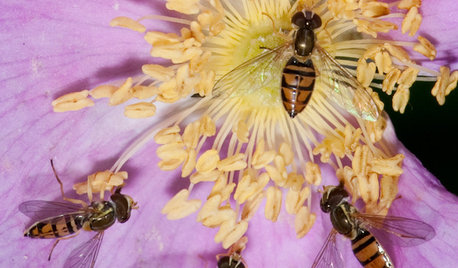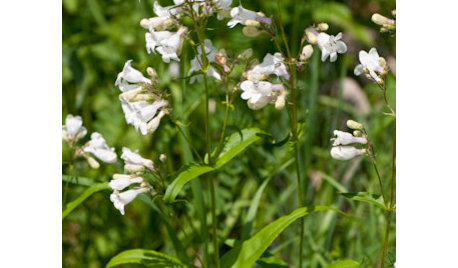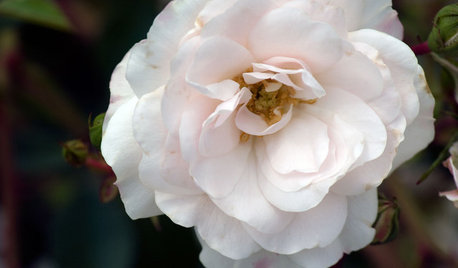White Flies and biocontrol
jrw17
17 years ago
Related Stories

MOST POPULARHow to Get Rid of Those Pesky Summer Fruit Flies
Learn what fruit flies are, how to prevent them and how to get rid of them in your home
Full Story
GARDENING GUIDESThis Fly Is One of the Most Beneficial Insects Around
Meet the syrphid fly, a colorful pollinator that also beats chemicals for controlling aphids and other garden pests
Full Story
RUSTIC STYLEHouzz Tour: A Fly Fisher’s Dream Along the Yellowstone River
This new home combines local ranch style with contemporary elements, including energy efficiency
Full Story
WINDOWSFlying Colors: Stained Glass Through the Ages to Today
Ancient palaces sported it. Monks were distracted by it. But today's stained glass designs may be more glorious than ever
Full Story
HOUZZ TVFly With a Drone Over Frank Lloyd Wright's Hollyhock House
Join us as we take a mesmerizing flight through and over Frank Lloyd Wright’s Hollyhock House
Full Story
GARDENING GUIDESGreat Design Plant: Try Penstemon Digitalis for Showy White Blooms
Bees gather nectar from this North American native while you’ll appreciate its unthirsty nature and soil tolerance
Full Story
HOLIDAYSA Violet, Brown, Bronze and White Holiday
7 Great Reasons to Deck the Halls With Unconventional Colors
Full Story
DECORATING GUIDES10 Reasons to Embrace White Walls
Do they strike you as even more boring than watching white paint dry? Consider what makes them the darling of so many
Full Story
GARDENING GUIDES5 Favorite White Roses for a Purely Beautiful Garden
How does your garden glow? With roses that look like light and smell divine
Full Story







rhizo_1 (North AL) zone 7
catch-fly
Related Professionals
Holly Springs Landscape Architects & Landscape Designers · New Bedford Landscape Architects & Landscape Designers · Manorville Landscape Architects & Landscape Designers · Newcastle Landscape Architects & Landscape Designers · Garden City Landscape Architects & Landscape Designers · Amesbury Landscape Contractors · Cicero Landscape Contractors · Pahrump Landscape Contractors · Soddy Daisy Landscape Contractors · Welby Landscape Contractors · West Haverstraw Landscape Contractors · Wheat Ridge Landscape Contractors · Burleson Swimming Pool Builders · Rocklin Swimming Pool Builders · West Covina Swimming Pool BuildersOrganic_johnny
Kimmsr
jrw17Original Author
rhizo_1 (North AL) zone 7